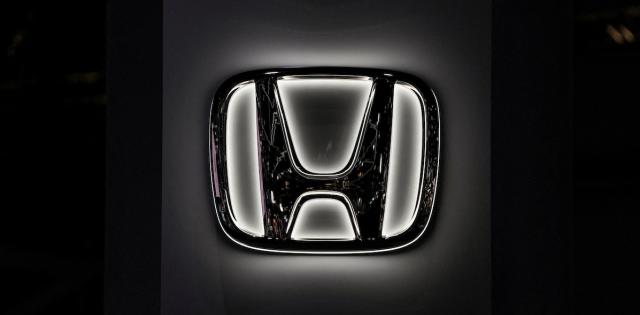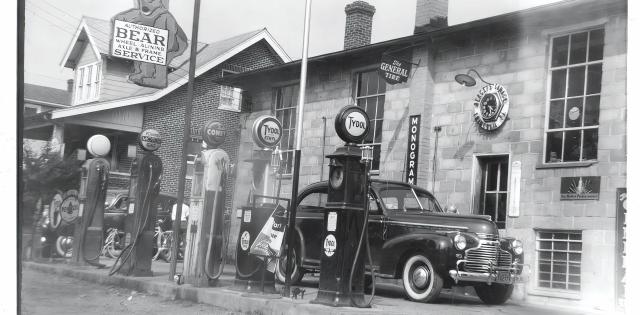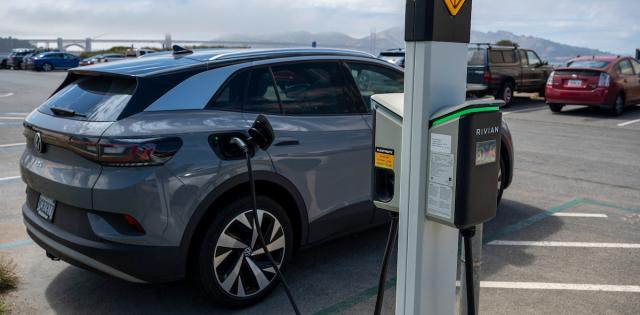For Jake Matthews, it was a chance to see the old-school, classic hot rods. For first-timer Grace Li Marie, it was the chance to sit in all the new 2018 cars. For Sherry Van Ness, it is all about carrying on a family tradition with her sons. While for Tony Staszak, it’s a chance to spend some time with his wife—and shop for a new car.
While many of last year’s attendees to the Philadelphia Auto Show offered up different reasons for going to the show, there was one reason that came up time and again: convenience and the ability to shop and compare several different models and manufacturers all under one roof.
‘They’re All There’
Pamela Capello of Mantua, New Jersey, has been going to the Philadelphia Auto Show for more than 15 years, but she says she’s always surprised and pleased with the huge variety of manufacturers represented, including some who weren’t even on her radar. “I do use it as a car purchasing tool,” said the married mother of two. “We love to look at all the cars, the exotics, etcetera, but we also use it as a shopping tool. It’s great because all the different [brands] are under one roof so it’s an easy way to kind of do a pre-screening.”
Capello and her husband are a two car family—“one SUV and one commuter car”—and they replace one of their cars every three years. She test drove a Kia Sportage at the 2017 auto show—“my first experience with a Kia”—and went to her local dealership soon after. “Basically, we were pretty sold before we got there.”
That element of surprise is one reason why Capello prefers to do her car shopping prep work at the auto show. “It’s still so much easier to just walk around and see everything available and again, even something you don’t expect. You actually open your eyes to something you hadn’t previously considered. Especially if you don’t know what you want or you want to look for something new, it’s great because they’re all there.”
Capello admits that seeing a car in person at the auto show can sway her opinion. “If I have a preconceived bias against a brand, but if I saw a car there and liked the look of it--that would turn me. For bringing new buyers into your brand, it’s the best place you can be. Commercials? Nobody’s watching those anymore, you know?”
Wes and Loraine Severson had a similar motivation. When the retired couple wanted a one-stop shop to research a new car to replace their current model, they knew just where to go—the San Diego International Auto Show.
Going to the local auto show is a tradition for the Seversons. “I’ve been going to auto shows since the late 1950s,” said Wes, an 80-year-old, retired business owner. “Just seeing all the new models and how the technology has changed, I like that stuff.”
“We go pretty much every year, even when we’re not actively looking for a car,” noted Loraine, a former real estate agent. “We went this last year because we knew it was time for Wes to buy a new car.”
Research suggests that auto shows attract serious purchasers like the Seversons. According to Foresight Research, 54 percent said their purchase decisions were influenced by auto show attendance. That amounted to almost 1 million purchase decisions, or 7 percent of all U.S. retail sales.
Auto shows power sales, brand choices
Furthermore, the purchasing effect lasts far beyond the days and weeks after the auto show. Foresight’s study found that two out of three attendees—67 percent-- said they intend to purchase a new car within 12 months. “I say the auto show is the gift that keeps on giving all year long,” said Ed Witt, a Lincoln dealer in San Diego. “Just in the last two weeks, we’ve sold cars to people who came to the auto show in December. It really works.”
That was certainly the case with the Seversons, who bought a Lincoln MKZ from Witt Lincoln in September—a full nine months after attending the San Diego Auto Show. “We didn’t realize it at the time,” said Loraine. “But when it was time to start looking seriously, we remembered Mr. Witt. Once he got us in the store, we were sold. But we never would have gone into the store if he hadn’t talked to us and been so kind. It’s definitely the auto show that sold that car to us.”
Dealers influence auto show participation
The ability to get the consumers in the car and excited about the product is exactly why manufacturers participate in auto shows, said Rachel Roe, Lincoln Global and Regional Auto Show Marketing Manager at Ford Motor Company. “From a marketing perspective, the majority of things OEMs do are partnerships, sponsorships or events they create. Auto shows are the only marketing platform that I know of where potential customers are paying a ticket price to come in and interact with the product. The enthusiasm people have for cars is definitely seen and heard on the auto show floor.”
Lincoln participates in 56 shows a year, while Ford is active in 80 shows. “For us, it’s just about quality over quantity,” Roe said about Lincoln’s auto show participation. But with marketing budgets stretched over numerous advertising and marketing platforms, manufacturers are constantly assessing the value of auto shows and dealers have a major impact on those decisions. “They have a seat at the table for sure,” Roe said. “As we’re evaluating whether we go into a market, we need to know they’re there and can follow up on the leads generated by the show.”
Witt, who said he spends eight hours a day at San Diego’s five-day auto show, agreed that dealers need to take a personal interest in the auto shows that are in their market. “Lincoln and Ford Motor Company are putting so much money into these shows and they don’t have to do it,” Witt said. “There are some manufacturers who are opting out, who are choosing to advertise in other ways. I would really be unhappy if Lincoln wasn’t at the auto show.”
Nothing can replicate the auto show experience
While there are many places where people can do their car research, the auto show is still the place where potential customers can get up close to the vehicle and compare the different brands, something the Seversons said they really value. “If you’re going to look for a car, it’s really nice to go down and get a feel,” Wes said.
At the end of the day, auto shows provide the best results in terms of direct sales, something brands won’t get from any other marketing medium, Witt said. “The proof is in the results we get. We know you can put an ad in the paper, or on TV, on the radio, but people go to the auto show because they have an interest in cars, whether they just like them or because they want to see what’s out there or they’re in the market, or will be. If you look at the numbers, the volume of people who go to the auto show, it’s insane to think you don’t want to be there.”












